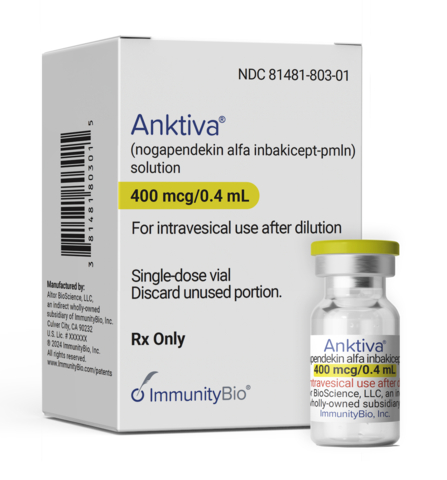Dominant player in the chronic hepatitis C virus (HCV) market Gilead has received US Food and Drug Administration (FDA) approval for its newest treatment, Vosevi. The therapy combines three antiviral drugs – sofosbuvir, velpatasvir and voxilaprevir – and is the fourth HCV drug developed by Gilead.
Modern treatments for HCV are being hailed as effective cures for the chronic infection, boasting sustained virologic response (SVR) rates between 94 and 99 percent. This class of drugs – some of the most expensive pharmaceuticals on the market today – are known as direct-acting antivirals (DAA) and include Gilead’s Harvoni, Sovaldi and Epclusa, as well as Merck’s Zepatier.
“Direct-acting antiviral drugs prevent the virus from multiplying and often cure HCV,” said Dr. Edward Cox, director of the Office of Antimicrobial Products in the FDA’s Center for Drug Evaluation and Research. “Vosevi provides a treatment option for some patients who were not successfully treated with other HCV drugs in the past.”
Adults with HCV genotypes 1-6 without liver cirrhosis, or with mild cirrhosis, may be prescribed Vosevi if they failed to respond to previous treatment with other direct-acting antivirals. The triple-drug formulation of Vosevi is designed to prevent HCV from becoming resistant to treatment.
“Direct-acting antiviral regimens have transformed HCV treatment and have allowed health care providers the fortunate opportunity to cure many patients,” said Dr. Ira Jacobson, Chairman of the Department of Medicine at Mount Sinai Beth Israel, New York City and a principal investigator in the Vosevi clinical trials. “However, for patients who require re-treatment, there remains an unmet clinical need for an effective and well-tolerated option.”
The approval of Vosevi was based on data collected during two Phase III clinical trials, POLARIS-1 and POLARIS-4. Both clinical trials included a total of 750 adult patients with HCV.
POLARIS-1 compared the efficacy of Vosevi to a placebo, while POLARIS-4 compared the treatment to sofosbuvir and velpatasvir. Twelve weeks post-treatment, patients given Vosevi showed a 96 to 97 percent SVR rate in both clinical trials.
“Treatment with Vosevi resulted in high cure rates in clinical studies of patients who were not previously cured with several widely-prescribed DAA regimens and will provide physicians with an important new therapeutic option that could offer hope for their hardest-to-treat patients,” continued Jacobson.
It’s estimated that between 2.7 and 3.9 million people in the US have chronic HCV, according to the Centers for Disease Control and Prevention (CDC). If left untreated, the infection can cause liver cancer, cirrhosis and death.
Vosevi does carry a boxed warning for hepatitis B virus (HBV) reactivation in patients who are coinfected with both HBV and HCV. According to Gilead, the most commonly reported adverse reactions in patients taking Vosevi include headache, fatigue, diarrhea, and nausea.
“The evolution of Gilead’s portfolio of HCV single-tablet regimens has been driven by our commitment to address previously unmet needs and put the possibility of cure within reach for as many HCV patient populations as possible,” said Dr. John F. Milligan, Gilead’s President and Chief Executive Officer. “The approval of Vosevi completes our portfolio by fulfilling the unmet need for an effective regimen for patients who could not be cured, despite prior treatment with certain DAA regimens.”












Join or login to leave a comment
JOIN LOGIN